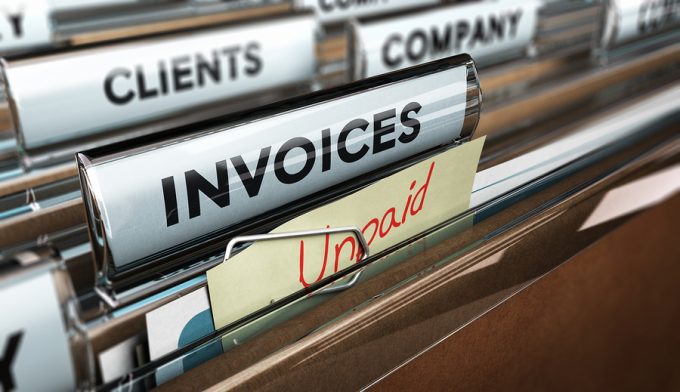The Effect of Poor Payment Practices on UK Businesses

A recent survey, carried out by the Federation of Small Businesses (FSB), found that of all invoices issued by SMEs to larger businesses, over 50% are paid late, with BACs estimating the cost to SMEs of chasing these late payments as £8.2 billion a year.
Although poor payment practices is very slowly improving amongst UK businesses due to increased exposure of the issue in the press, businesses still need to take all necessary measures to reduce their exposure to poor payment practices and the risks that accompany the issue.
What are poor payment practices?
Poor payment practices from your customers can materialise in a number of ways, including:
- Your customer continually paying you beyond their terms of payment
- Your customer essentially forces you into extended payment terms (this happens a great deal in relation to larger business and their suppliers)
- Withholding payment around financial reporting dates to benefit their own balance sheets
- Demanding suppliers provide a discount to their invoices
There are countless other examples of poor payment practices, many carried out by large businesses; the Forum for Private Business publishes their Hall of Shame regarding poor payment practices within UK business.
What can poor payment practices do to a business?
The knock on effects that poor payment practices can have to a business can be significant to cash flow, in particular:
- Ability to pay suppliers
- Pay staff
- Pay overheads
- Reduced opportunity to grow
But it can also lead to:
- Increased cost of credit
- Increased risk to bad debt
- In extreme circumstances, insolvency
Tackling poor payment practices should be essential to every business, but especially SMES. Keep up to date on your collections to identify poor payers and take the necessary action to ensure risk to your business is kept at a minimum, find out how our outsourced collections service could help you to do this.
